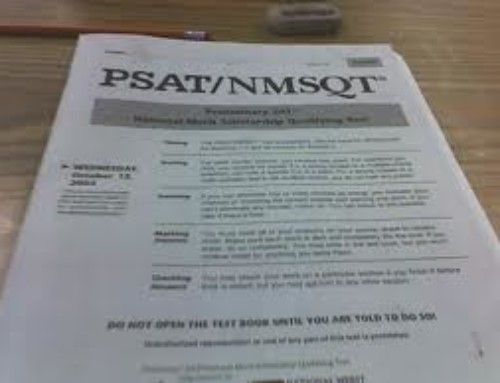 In my role as a family therapist, I am often asked how much contact is “best” between parent(s) and their college freshman once their student begins their freshmen year in college. This is a tough question and is very much dependent on your relationship with your particular child. As most parents recognize, each child communicates differently and has a different, idiosyncratic level of parental connection. As your teens move out of the family home and into their college dorm (for those that are lucky enough to do so), separation issues loom large. While separation from parents is a huge developmental task of teens during high school, the move to college brings this issue to a whole new level. This is because there is now physical as well as emotional separation. This requires tremendous adjustment on the part of most parents today.
In my role as a family therapist, I am often asked how much contact is “best” between parent(s) and their college freshman once their student begins their freshmen year in college. This is a tough question and is very much dependent on your relationship with your particular child. As most parents recognize, each child communicates differently and has a different, idiosyncratic level of parental connection. As your teens move out of the family home and into their college dorm (for those that are lucky enough to do so), separation issues loom large. While separation from parents is a huge developmental task of teens during high school, the move to college brings this issue to a whole new level. This is because there is now physical as well as emotional separation. This requires tremendous adjustment on the part of most parents today.
One example of this adjustment is that many parents will likely not know when their college student returns to his/her room at night. They will also not know how much and what he/she is eating or even how much he/she is studying. This can feel scary and give many parents a feeling of disconnection from their college child. Yet, this is ultimately a good and liberating thing for parents and their students alike. In this age of “helicopter” parenting, many parents feel guilty or neglectful if they do not know what their kids are doing at all times. Despite the omnipresence of this style of parenting, staying overly connected to your young adult makes healthy separation and individuation on your college student’s part extremely difficult.
Of course, one of the many complications of the technological age is the ease of communication and the tendency to do stay overly connected. It is terrific that we can find our children on a moment’s notice when we truly need to. Otherwise, more communication is not better. College is the time for your student to learn to be independent. This includes making choices about classes, schedules and a myriad of every day decisions. Relying too frequently on texting parents for help with daily decisions hinders your student’s ability to grow up and make adult decisions. Instead of being a “helicopter” parent, this is the time to try “submarine” parenting. This means being “staying out of sight under surface (and) letting the kids manage their lives as things come up.” I wish I had come up with this term but it is actually the subject of a wonderful Huffington Post blog on parenting called “5 Ways to Set Up Your Teen for Adult Success With ‘Submarine Parenting’”, 11/13/13. It is a great piece and I heartily recommend it.
My ultimate advice is to check in via text, skype or an actual phone call once or twice a week. Often students will want to hear their parent’s voices a little bit more in the beginning. That is normal. After that, weekly or twice a week check-ins are a good option. Your student knows how to get a in touch with you when they need you. And, they will.




